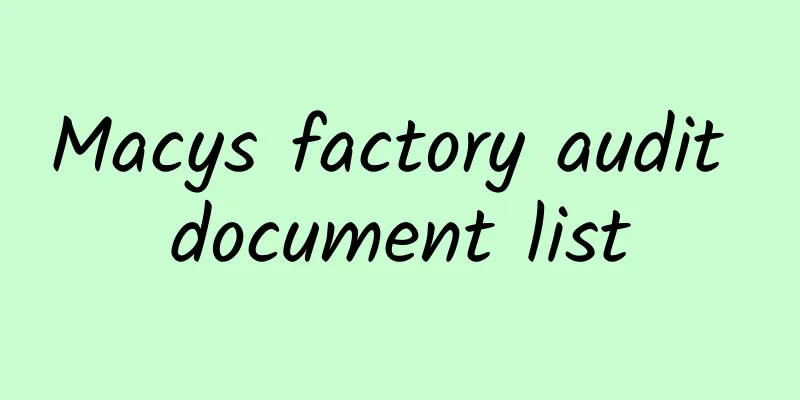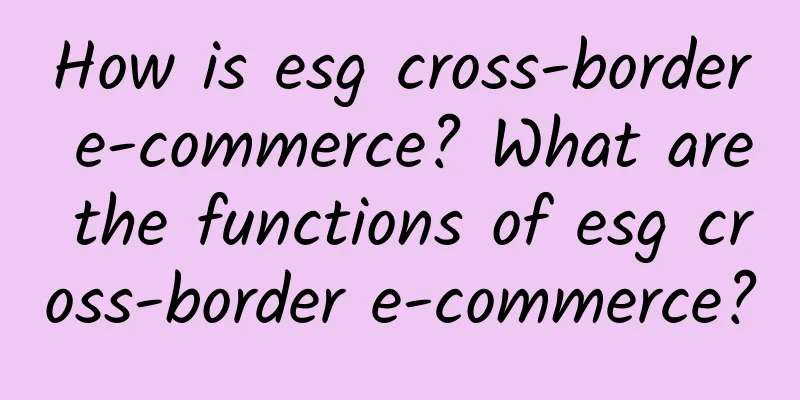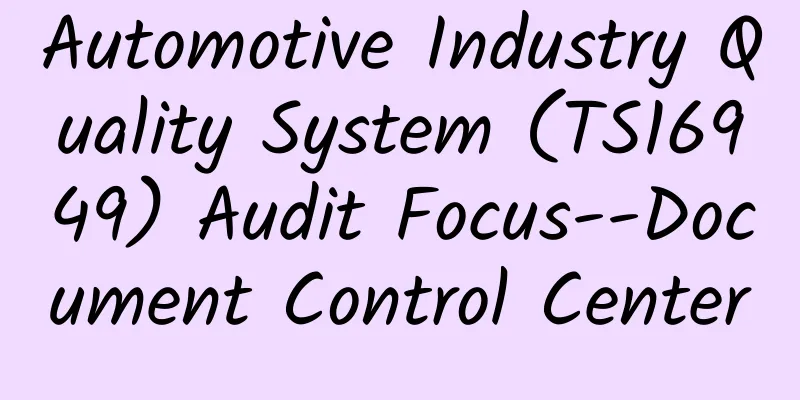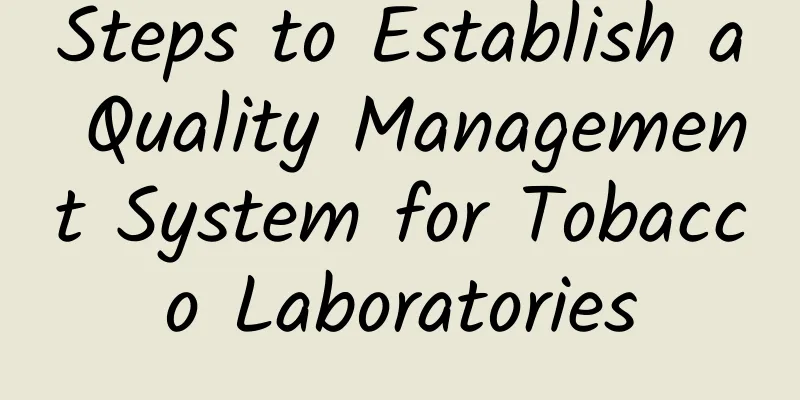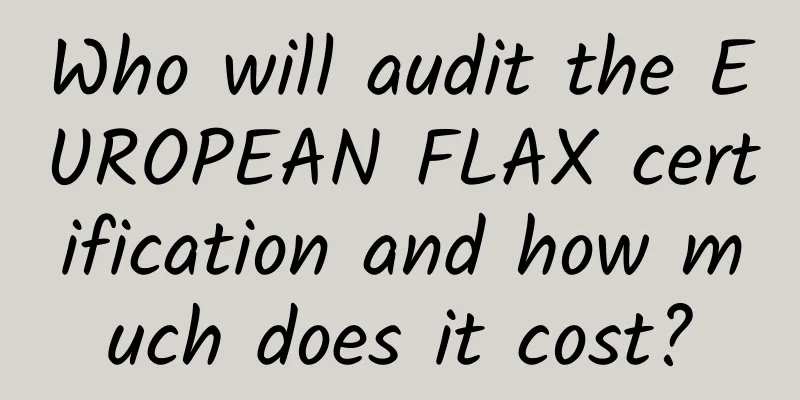What impact does C-TPAT have?
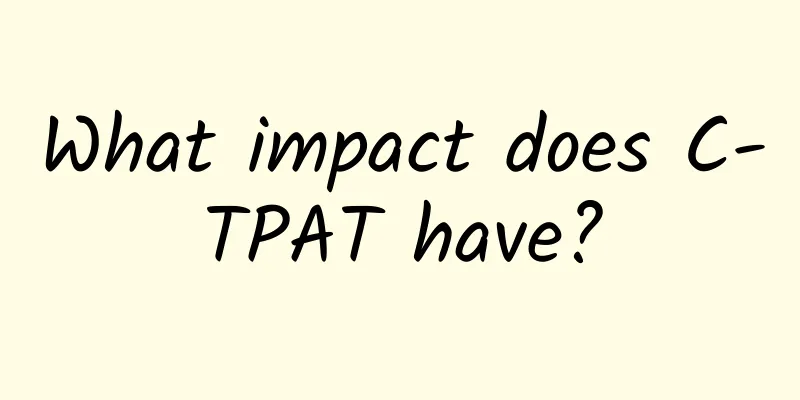
|
Suppliers face stricter supervision First, as business partners of US importers, local manufacturers/suppliers will face higher security program requirements and more stringent supervision from importers. Since March 25, 2005, CBP has further tightened the security requirements for its US importer members, including requiring importers to establish written and verifiable procedures to select business partners, including manufacturers, product suppliers and sellers; importers must also have documents to prove that business partners throughout the supply chain meet the security standards of C-TPAT (or the standards of equivalent supply chain security programs implemented by foreign customs authorities). Service Competitive Differentiators As a member of C-TPAT, both importers and carriers can distinguish their goods and services from competitors. For non-C-TPAT members (such as foreign manufacturers, warehouse operators, etc.), they also face certain market pressures and consider inviting third-party certification bodies to review their security procedures and issue certificates similar to ISO 9000 to show the outside world that they have followed relevant supply chain security guidelines. Supply chain security becomes part of global sourcing requirements Importers/countries (not limited to the United States, regardless of whether they are C-TPAT) are concerned about supply chain security, which will make security considerations part of the procurement requirements. Importers will place security responsibilities on manufacturers through orders, certificates, codes of conduct, dealer manuals, etc. Background: C-TPAT anti-terrorism program was developed by the U.S. Department of Homeland Security Customs and Border Protection after the 9/11 incident to protect the U.S. homeland security. Through anti-terrorism factory inspection, the factory's products can enter the U.S. through a fast track, reduce customs inspection links, ensure the safety of goods, and thus win the favor of American buyers. |
<<: JCPenney Environmental Policy Matters
Recommend
How does SEDEX certification cost come about?
The costs of SEDEX certification are: 1. Audit fe...
OCS certification, one of the current organic cotton certification systems
The Organic Content Standard is an organic certif...
What is Worktile? What are the benefits of Worktile products?
What is Worktile? Enhance the core competitivenes...
Purpose of social responsibility management system audit
When conducting a social responsibility managemen...
Otto--Germany's second largest e-commerce company
What is Otto? Otto has 9 million registered users...
How about Dealsplus, an American promotion website? What are the store requirements?
I believe that many sellers are still not very cl...
How to obtain the “Climate Pledge Friendly” logo?
How to obtain the “Climate Pledge Friendly” logo?...
Wal-Mart COC Audit policy change-2009
Dear Supplier, Hello, WAL-MART Supplier Please fin...
What is Cobone? What are the advantages of Cobone?
What is Cobone? Cobone is a group buying website ...
What is chollometro? What are the advantages of posting with chollometro?
What is chollometro? Amazon Spanish off-site chan...
ICTI Training Manual (I)
Brief description Training content ü Explain some...
The EU has included 10 substances of very high concern (SVHC) in its list
On September 1, 2014, the European Chemicals Agen...
How is Haikong.com? What services does Haikong.com provide?
How about Haikong.com? Haikong.com was formally e...
Factory guard system in BSCI
I. General Provisions (1) Security guard manageme...
SA8000 System Certification Crisis Countermeasures
Countermeasure 1: Win the market by product quali...



